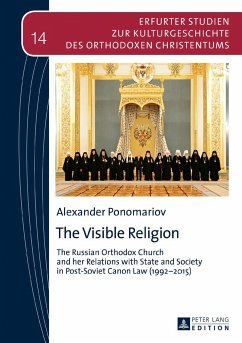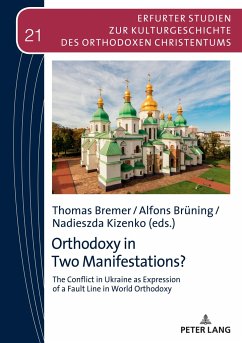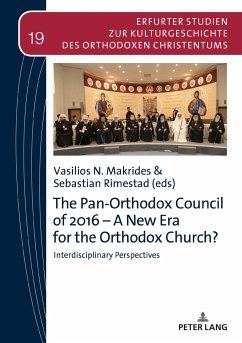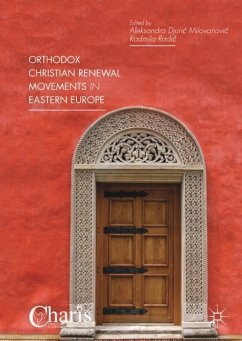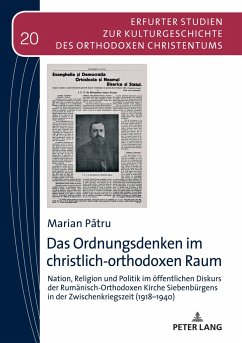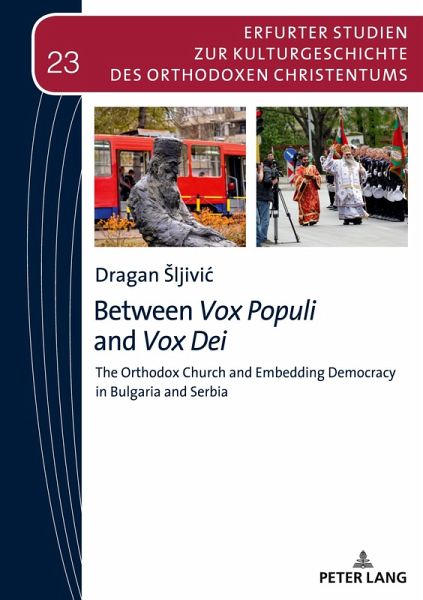
Between Vox Populi and Vox Dei
The Orthodox Church and Embedding Democracy in Bulgaria and Serbia
Herausgegeben: Makrides, Vasilios N.
Versandkostenfrei!
Versandfertig in 6-10 Tagen
86,95 €
inkl. MwSt.

PAYBACK Punkte
0 °P sammeln!
Many scholars have claimed that predominantly Orthodox countries face challenges in establishing viable democracies. This book seeks to test this "incompatibility thesis" by drawing on the examples of two countries where the Orthodox Church has played a significant role in their histories: Bulgaria and Serbia. Since 2007, Bulgaria has been a member of the European Union, while Serbia still aspires to join it. Are Orthodox orientations entirely incompatible with democratic values? Are the Orthodox Churches and their heritage really the cause of democratization difficulties in these countries? B...
Many scholars have claimed that predominantly Orthodox countries face challenges in establishing viable democracies. This book seeks to test this "incompatibility thesis" by drawing on the examples of two countries where the Orthodox Church has played a significant role in their histories: Bulgaria and Serbia. Since 2007, Bulgaria has been a member of the European Union, while Serbia still aspires to join it. Are Orthodox orientations entirely incompatible with democratic values? Are the Orthodox Churches and their heritage really the cause of democratization difficulties in these countries? By examining both Orthodox Churches and Orthodox political organizations, this book offers a detailed and nuanced exploration of the complex relationship between Orthodox political theology, Church-State relations and democratization processes, with a focus on the period between 2007 and 2012.





